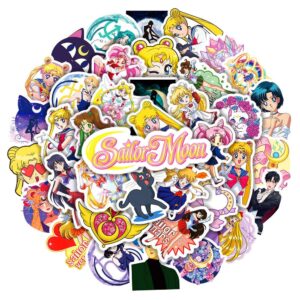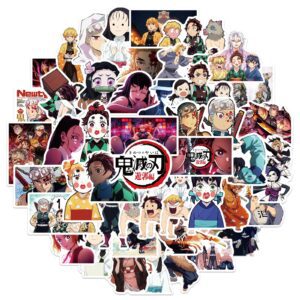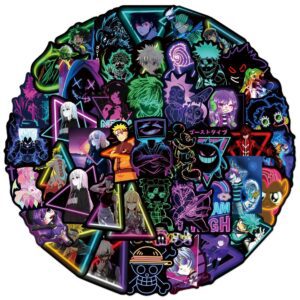
“Nintendo” and “video game console” are two terms that are practically synonymous. The company may have produced playing cards for more than half a century, but it’s not unreasonable to claim that no company has had more impact on video games than Nintendo.
Over the last 30 years, Nintendo has created a brand of top-tier consoles, and top-tier video games to match. They’ve inspired and lead the entire industry and art form and created a few of the most-recognized characters and franchises on the planet. Sure, there may have been a few lulls in the Wii U and GameCube days, but their most recent success with the Switch reflects Nintendo’s high standards of quality, both in hardware and software.
Nintendo’s success is exciting, but let’s get a bit hypothetical for a moment. What if Nintendo stopped making consoles? What if they dropped out of the hardware race entirely, and continued to focus on their software lineup, like former competitor Sega? In theory, would they benefit as a solely digital company, or see a significant cut in profits?
 The Potential
The Potential
By no means is this a new dilemma. During the Wii U days, many (including MatPat from Game Theory) made the argument that Nintendo’s characters and IP’s could stand on their own. After all, Pokémon Go became a cultural phenomenon. It was one of the only Pokémon games to not be on a Nintendo-made device.
But in the two years since the Switch’s release, things have changed. We have new insights on some of Nintendo’s most successful years as a console manufacturer. Through a fantastic software lineup, a strong hardware-selling concept, and clever marketing and advertisements, Nintendo has convinced more than 30 million people that the Switch is a must-own, and it’s only going to increase from here.
That said, Nintendo’s president, Shintaro Furukawa, told Japanese outlet Nikkei recently about Nintendo shifting their focus away from home consoles. “In the long-term, perhaps our focus as a business could shift away from home consoles – flexibility is just as important as ingenuity.” (This statement was later translated by Nintendo Everything). So, the question isn’t too far-fetched: What would a Nintendo-less video game market in the 2020’s be like?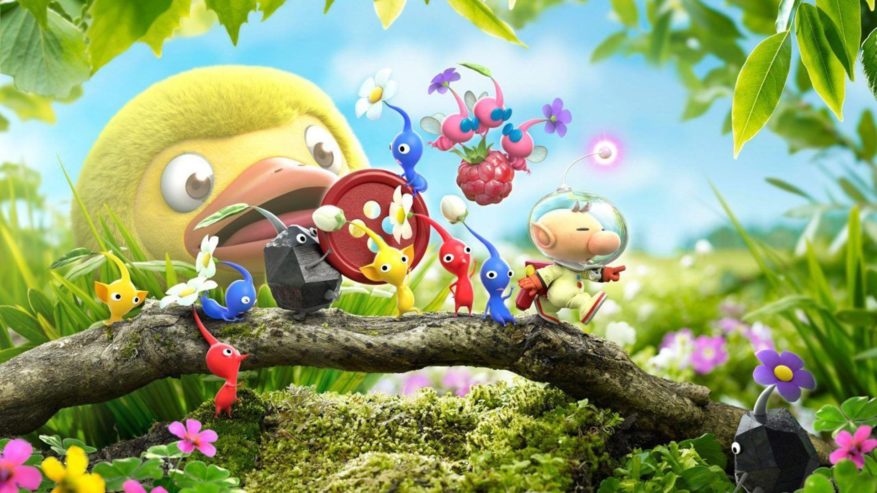
The Migration (Or Lack Thereof)
Let’s pretend. The year is 2024, and Nintendo announces that the Switch is their final console, their graceful swan-song. They release Metroid Prime 4, one last New Super Mario Bros, and make a joke about Mother 3, and they’re out. From this point on, Nintendo focuses all their efforts on developing games for PS4, Xbox One, and the Epic Games Store (Sorry Valve). Now what?
The most die-hard of Nintendo fans will whine for a bit, post a few angry Reddit threads, pledge their animosity to Sony… and then immediately buy a PS5 when Nintendo announces Super Mario Iliad. For most fans, however, this change in console would hardly be an issue. Cross-platform ownership this generation alone is higher than the last few.
Matthew Piscatella, an NPD analyst, made this fact clear on ResetEra: “At the end of Q1 [2018, a] ballpark of 70% of people in the U.S. that owned a Switch also owned a PS4 and/or an Xbox One. Cross ownership across all 3 consoles is high compared to prior gens. Each system is differentiated enough that a big chunk of people that are into console gaming own multiple systems.”
So, while Sony and Microsoft would see a decent bump in their console sales, it wouldn’t be a mass exodus. As for where the Nintendo fans migrate – we would bet PlayStation. The Nintendo fanbase is one that largely plays single-player or local co-op games. Sony’s market for exclusive single-player games is stronger (although who knows, perhaps Microsoft’s new studios are developing some worthy titles). If Nintendo’s Zeldas and Metroids aren’t enough to convince fans, then Sony’s Spider-Mans and God of Wars just might.
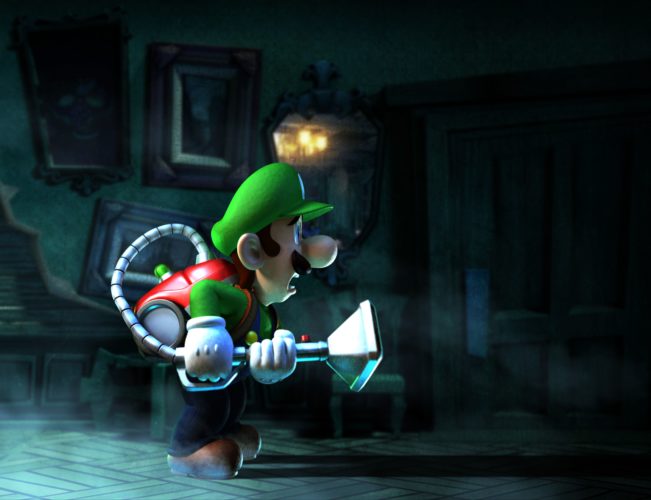
Fitting In
Back to pretending. It’s 2024. The revenue that Nintendo used to spend on console development, they’ve now reallocated to their development studios. Eiji Aonuma and the Zelda team are given a bigger budget to create a Zelda game more massive and expansive than Breath of The Wild. Yoshiaki Koizumi and the Mario team are given the same treatment. We’ve seen these sorts of budget/resource shifts time and time again, from Blizzard refocusing from their cancelled Titan MMO to Overwatch, to Valve shifting away from single-player games to focus on CS:GO and DOTA 2.
Of course, all this internal shifting begs the question: can Nintendo games do well on other hardware? Take one look at the top-selling games on PS4, and you would assume Nintendo wouldn’t fit in. GTA V, Black Ops 3, Red Dead Redemption 2, The Last of Us – these are games that are violent, realistic(-ish), and intended solely for adults. One might think that child-like, cartoonish titles like Pikmin or Animal Crossing would have a difficult path to gain any substantial revenue.
Then again, the relatively few Nintendo-like games have proven to be a fresh breath of air for PlayStation, in the past. Kingdom Hearts 3 sold more than 5 million units in its first week, and that’s a game with a distinct Nintendo/Disney style. And the upcoming Dreams will give players the freedom to create nearly any type of art-style, cartoonish or realistic. Obviously, there’s a hunger for Nintendo-style games on other platforms, so it isn’t hard to imagine them doing well, even in a crowd of mature games. Plus, there’s always Bayonetta.

Overhead
Obviously, it’s impossible to tell how much profit Nintendo would make from becoming a third-party developer. But without hardware manufacturing, online infrastructure, and international shipping to pay for, their minimum required revenue would be lower. Given Nintendo’s instantly-recognizable brand, we don’t see meeting that requirement being a problem.
In our fictional Nintendo-console-less future, they would continue to develop mobile games. Mario Kart Tour, Dr. Mario World, and would drive profits (presumably) through micro-transactions, while the Zelda mobile game would provide supplemental income through a one-and-done purchase, like Super Mario Run.
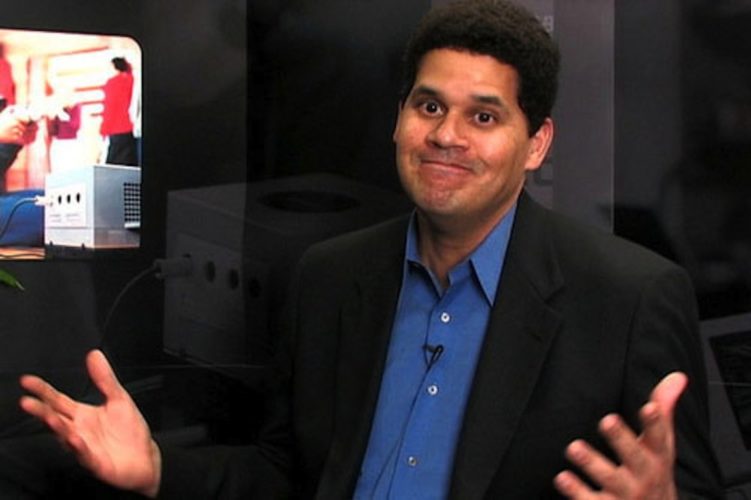
It’s All Hypothetical
Bottom-line? Nintendo would be fine without consoles. Their brand-name is enough to carry forward their software, even without the extra income from a hardware line. But who cares? Nintendo’s carved out a spot in the console market, and it’s hard to see them leaving any time soon. So yes, it’s fun to speculate on the future of one of the most beloved companies in the world. But for now, we’ll just enjoy their success and happily play Link’s Awakening whenever it releases.
For more on Nintendo Switch and everything else video games, stay tuned to Culture of Gaming.




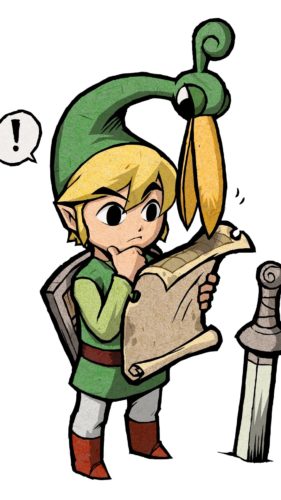 The Potential
The Potential




